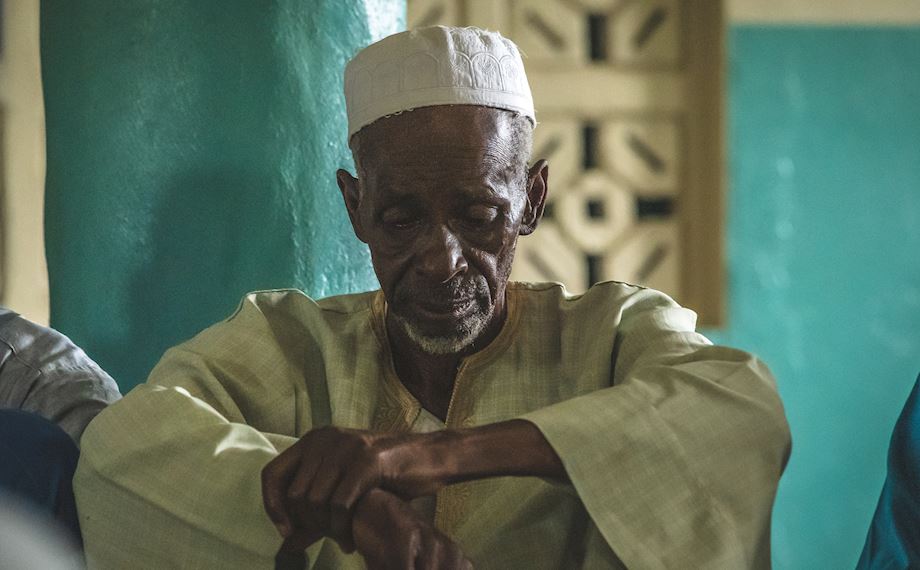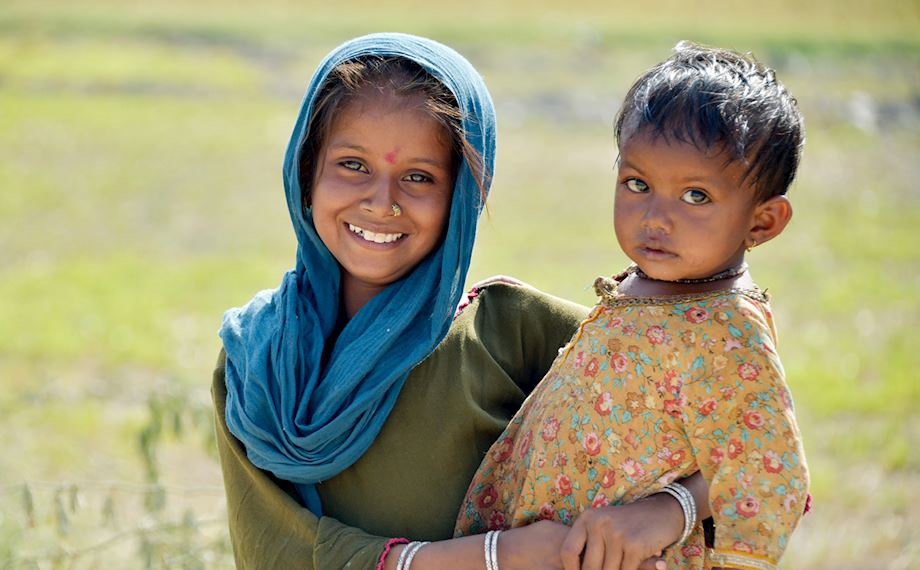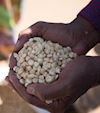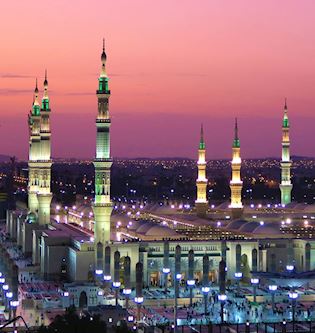Part 1: Zakat FAQ's
Zakat has been mentioned in the Holy Quran over eighty times and refers to the obligation that Muslims exceeding the wealth of Nisaab must donate a certain proportion of their wealth to charity every year. Below are all your Zakat questions answered:
1. Who should pay Zakat?
Zakat is a duty on every Muslim, who is of sound mind and has wealth exceeding the value of Nisaab. Zakat is obligatory on every Muslim, who is above the age of puberty, regardless of their gender. You must possess your wealth for a year and 2.5% of it should be given as Zakat to certain categories of people.
2. What is Nisaab?
Nisaab refers to the minimum amount of wealth one needs to have in possession for a period of one lunar year to qualify for Zakat. The Nisaab value is equivalent to 625g of silver or 87.5g of gold.
3. Who receives Zakat?
As stated in the Noble Quran, there are eight categories of people who are eligible to receive Zakat. They are:
- The poor
- The needy
- Those in debt
- Travelers
- Those in the cause of Allah SWT
- Slaves/ those held in captivity
- Those who hearts are to be reconciled
- Zakat administrators
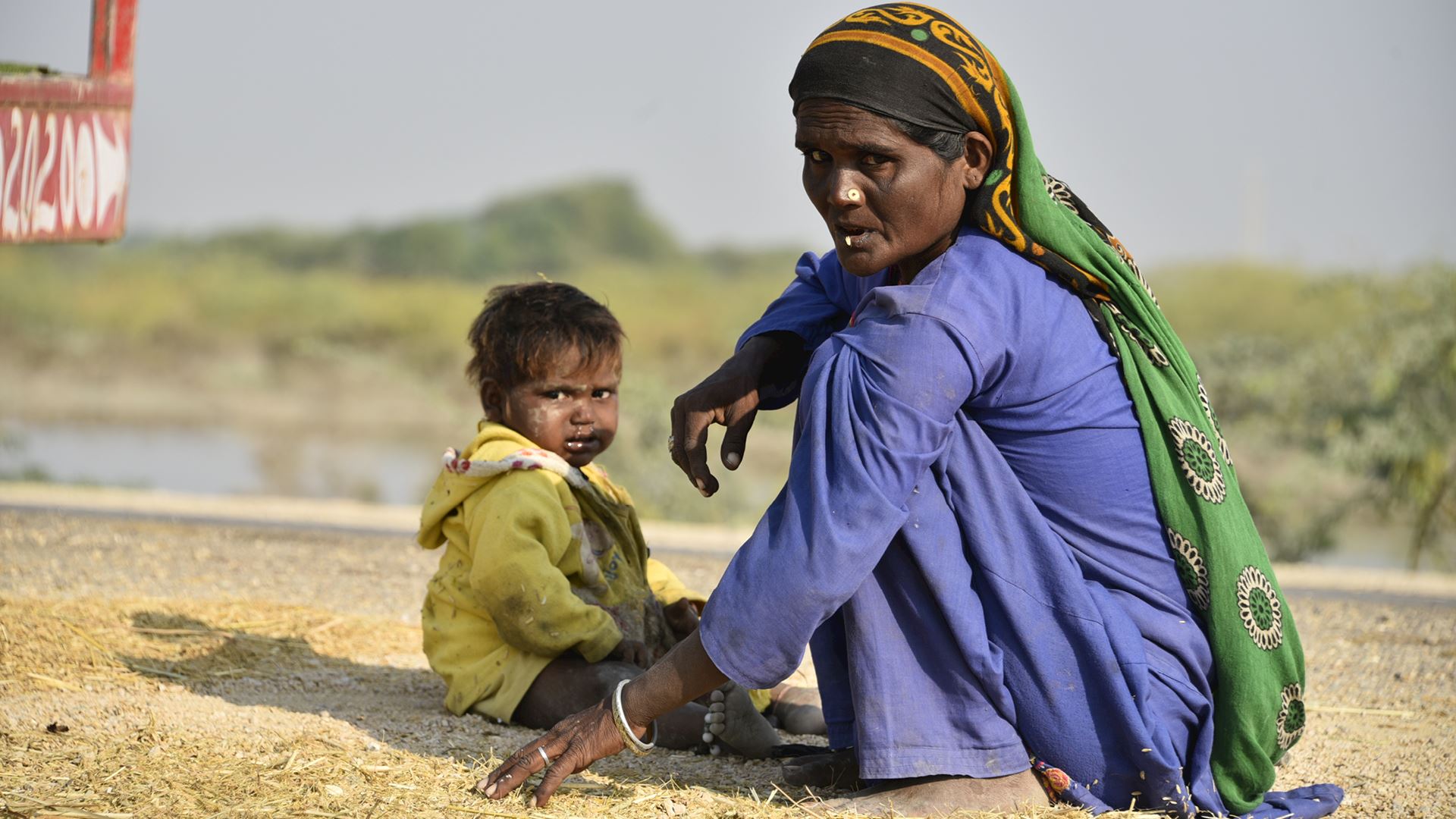
4. What items is Zakat compulsory on?
There are certain items on which Zakat is ordained. These are:
- Gold and silver- this can be in the form of ornaments or jewelry and needs to be equivalent to the value of Nisaab.
- Cash held at home or at the bank.
- Property owned for investment purposes.
- Stocks and shares owned directly or through investment funds.
- Pensions
- Money lent to others.
- Agricultural produce
- Business stock in trade or in merchandise
5. When should I pay Zakat?
Zakat only becomes obligatory on a Muslim who has their qualifying wealth in possession for a period of 12 months. The time required to pay your Zakat may vary from person to person on condition that it is a 12-month lunar period. For example, some people may choose to pay their Zakat in Ramadan while others may choose to pay it at the end of their financial year.
6. What are the virtues and benefits of paying Zakat?
There are many benefits of paying Zakat. Not only does it protect the poor and needy from hunger and poverty, but also helps to overcome the financial imbalance between the wealthy and poor in society.
Moreover, Zakat al-Fitr which is paid during Ramadan ensures that no poor person goes hungry during the holy month.

The above Quranic verse shows us that paying Zakat plays a significant role in one’s spiritual upliftment as it cleanses one’s heart against selfishness and greed.
The Prophet (saw) said, “Whoever gives away charity the size of a date, which is earned lawfully, since Allah only accepts the good lawful things, Allah will indeed take it with His right hand and cause it to grow for its owner, just as one of you raises up his colt, to the point that charity will become the size of a mountain.” [Bukhari]
This authentic hadith shows us that paying Zakat on your wealth does not decrease wealth, but in fact, it increases barakah and rizq for the person who spends for the sake of Allah SWT.
7. How do I pay my Zakat?
Muslim Hands South Africa has been administering Zakat for since 1996. From providing Iftar meals and food hampers to refugees, to building water wells for poor communities globally, to being quick responders to emergencies, our dedicated teams ensure that your Zakat reaches those most in need in the Ummah around the world.
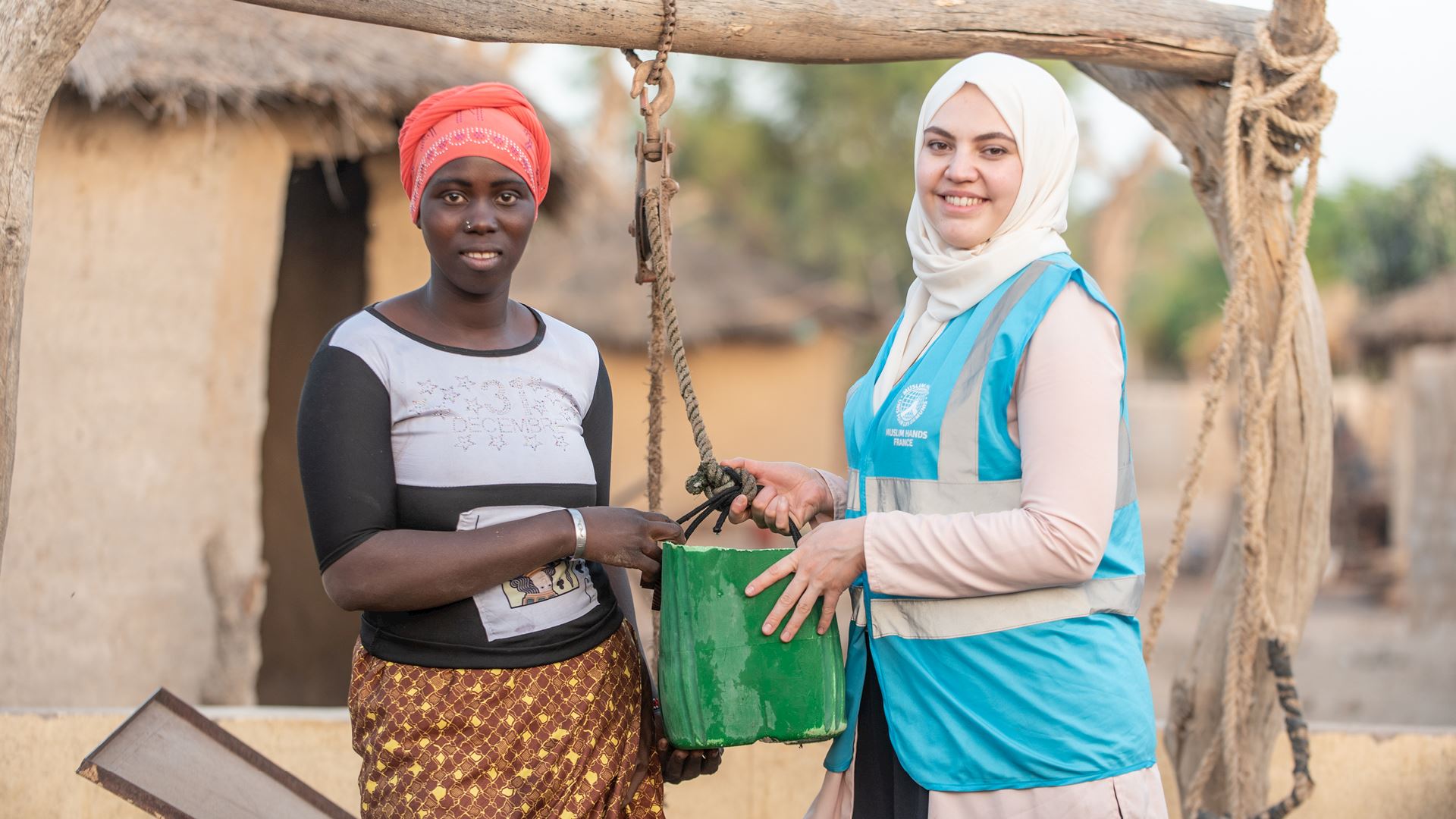
Muslim Hands also ensures that your Zakat reaches the poor in the most efficient, quickest and safest manner. Our online Zakat Calculator is a handy tool that will help you calculate your Zakat in the simplest manner.
May Allah SWT grant us all the ability to spend generously in His path and serve the poor and needy in the Ummah, Ameen!





